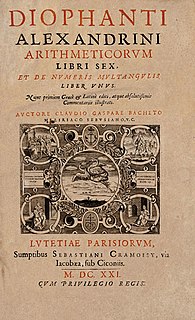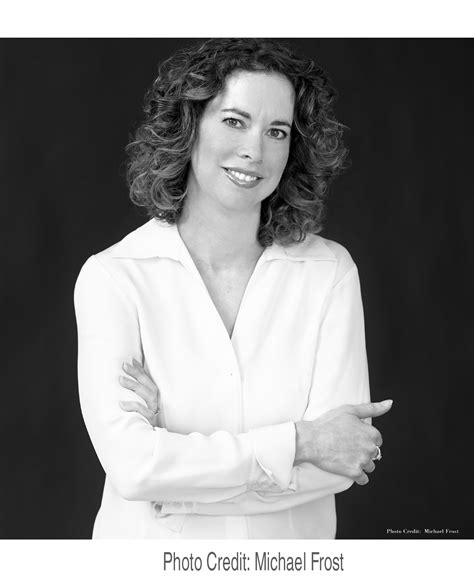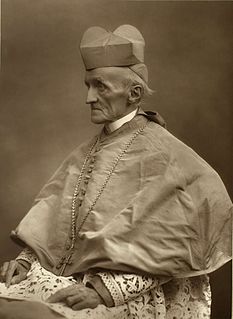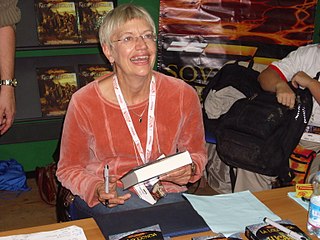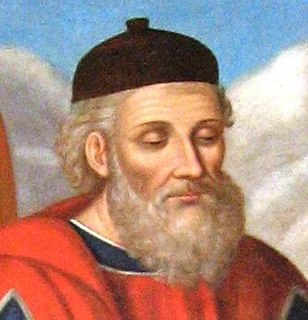A Quote by W. H. Auden
From beginning to end Wilde performed his life and continued to do so even after fame had taken the plot out of his own hands.
Related Quotes
Turning the pages of scriptural history from beginning to end, we learn of the ultimate pioneer-even Jesus Christ. His birth was foretold by the prophets of old; His entry upon the stage of life was announced by an angel. His life and His ministry have transformed the world. . . . May we ever follow Him.
His epitaph: This tomb hold Diophantus, Ah, what a marvel! And the tomb tells scientifically the measure of his life. God vouchsafed that he should be a boy for the sixth part of his life; when a twelfth was added, his cheeks acquired a beard; He kindled for him the light of marriage after a seventh, and in the fifth year after his marriage He granted him a son. Alas! late-begotten and miserable child, when he had reached the measure of half his father's life, the chill grave took him. After consoling his grief by this science of numbers for four years, he reached the end of his life.
Man had in the beginning no power of analysis or synthesis approaching that of the spider, or even of the honey-bee; he had acute sensibility to the higher forces. Fire taught him secrets that no other animal could learn; running water probably taught him even more, especially in his first lessons of mechanics; the animals helped to educate him, trusting themselves into his hands merely for the sake of their food, and carrying his burdens or supplying his clothing; the grasses and grains were academies of study.
It consists in a watchful, minute attention to the particulars of our state, and to the multitude of God's gifts, taken one by one. It fills us with a consciousness that God loves and cares for us, even to the least event and smallest need of life; and that we actually have received, and do now possess as our own, gifts which come direct from God. It is a blessed thought, that from our childhood God has been laying His fatherly hands upon us, and always in benediction; that even the strokes of his hands are blessings, and among the chiefest we have ever received.
His face set in grim determination, Richard slogged ahead, his fingers reaching up to touch the tooth under his shirt. Loneliness, deeper than he had never known, sagged his shoulders. All his friends were lost to him. He knew now that his life was not his own. It belonged to his duty, to his task. He was the Seeker. Nothing more. Nothing less. Not his own man, but a pawn to be used by others. A tool, same as his sword, to help others, that they might have the life he had only glimpsed for a twinkling. He was no different from the dark things in the boundary. A bringer of death.
God was happy without humans before they were made; he would have continued happy had he simply destroyed them after they had sinned; but as it is he has set his love upon particular sinners, and this means that, by his own free voluntary choice, he will not know perfect and unmixed happiness again till he has brought every one of them to heaven. He has in effect resolved that henceforth for all eternity his happiness shall be conditional upon ours.
To live his life in his own way, to call his house his castle, to enjoy the fruits of his own labour, to educate his children as his conscience directs, to save for their prosperity after his death -- these are wishes deeply ingrained in civilised man. Their realization is almost as necessary to our virtues as to our happiness. From their total frustration disastrous results both moral and psychological might follow.
Thomas swallowed, wondering how he could ever go out there. His desire to become a Runner had taken a major blow. But he had to do it. Somehow he KNEW he had to do it. It was such an odd thing to feel, especially after what he'd just seen... Thomas knew he was a smart kid- he somehow felt it in his bones. But nothing about this place made any sense. Except for one thing. He was supposed to be a Runner. Why did he feel that so strongly? And even now, after seeing what lived in the maze?
He[Napoleon] had destroyed only one thing: the Jacobin Revolution, the dream of equality, liberty and fraternity, and of the people rising in its majesty to shake off oppression. It was a more powerful myth than his, for after his fall it was this, and not his memory, which inspired the revolutions of the nineteenth century, even in his own country.
Such was the end of Philip (II, king of Macedonia) ...He had ruled 24 years. He is known to fame as one who with but the slenderest resources to support his claim to a throne won for himself the greatest empire among the Hellenes (Greeks), while the growth of his position was not due so much to his prowess in arms as to his adroitness and cordiality in diplomacy.
The believer is sensible of his infirmities, for it is supposed that he is wrestling under them. He sees, he feels, that he is not man enough for his work; that his own hands are not sufficient for him, nor his own back for his burden; this is what drives him out of himself to the grace that is in Christ Jesus. And thus he lies open to the help of the Spirit, while proud nature in unbelievers is left helpless.



